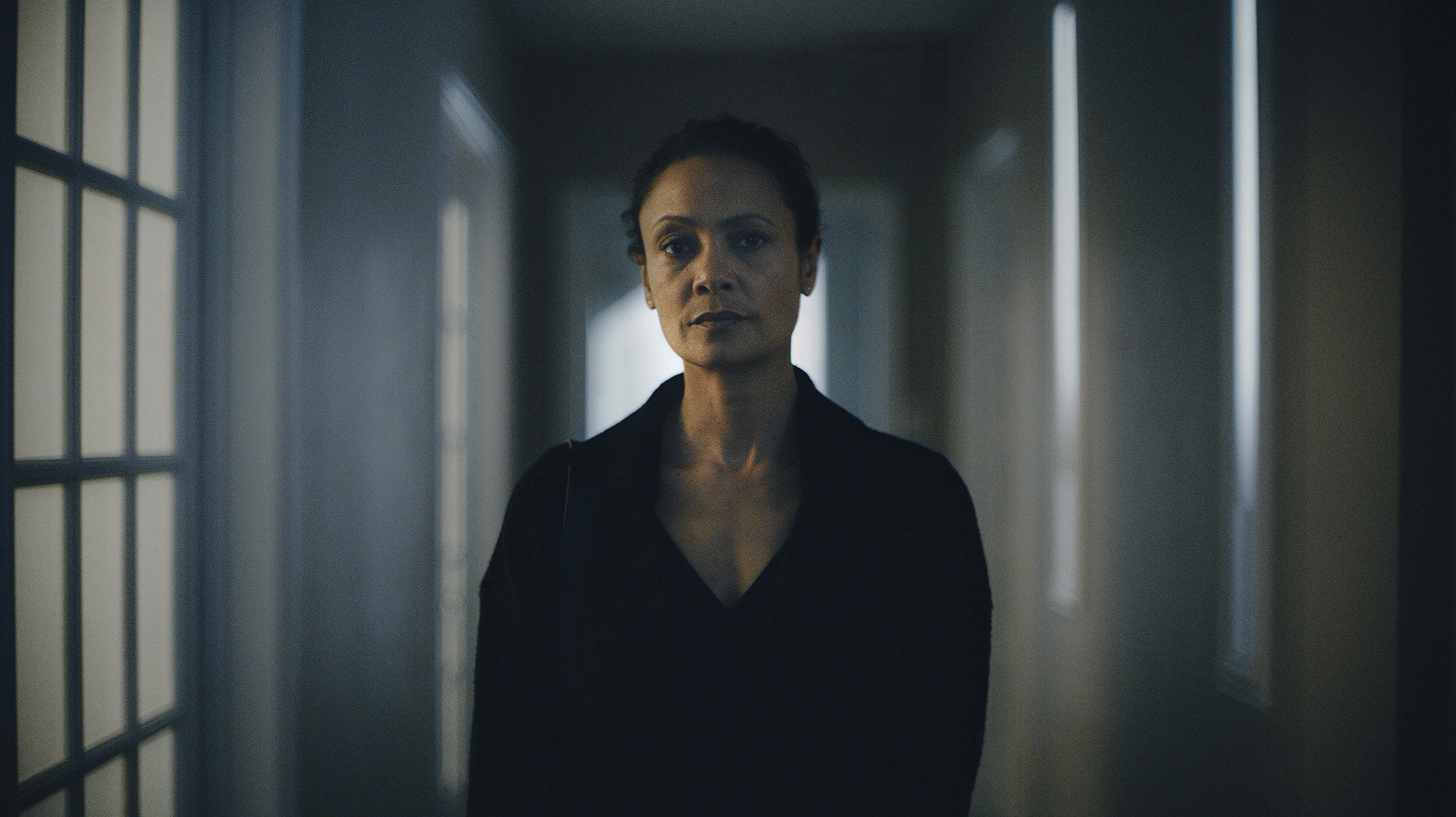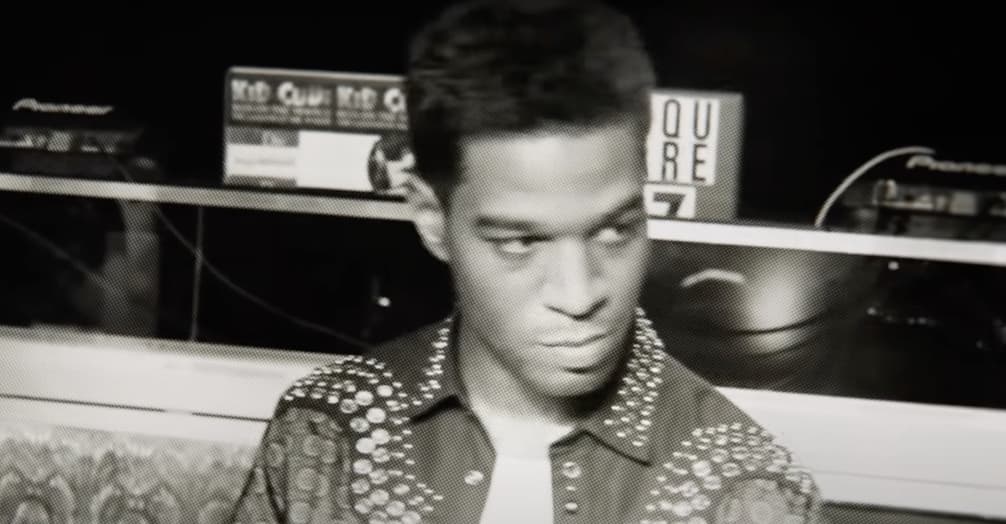#Thandiwe Newton Is Pushed To A Breaking Point [Sundance 2022]

“#Thandiwe Newton Is Pushed To A Breaking Point [Sundance 2022]”
Sandra goes to the local acting sheriff (Jeremy Bobb, tapping into the same “love to hate him” energy he brought to his character on “The Knick”), who recommends that she forget about the whole thing and let bygones be bygones. But Sandra wants things to work the way they’re supposed to — the cops should actually be able to help people in need, and the (white) dean of her department should seriously consider candidates of color for a vacant position instead of just paying lip service to the idea. Maybe it’s the grief she’s experiencing, or maybe because she’s a Black woman who’s dealt with micro-aggressions her entire life, but you get the sense that because there are so many things Sandra can’t control, she at least wants – needs — to have control over a small thing like determining who can and cannot be on her property.
Sandra’s extremely methodical about trying to resolve this problem, and when her mysterious backstory is eventually revealed, the script’s aims begin to come into sharper relief: at its core, this is a movie about how the American experiment is failing, and how the societal systems we rely on are not equipped to adequately address problems that desperately need solving. That message is presaged in the film’s opening scene, in which an unmanned slide projector cycles through images of westward expansion to an empty classroom. It’s a silent scene, but we don’t need words to tell us how that story goes: Americans used romanticized terms like “manifest destiny” to justify the oppression and slaughter of Indigenous populations, barging across this land and taking whatever we wanted. And as slight as Sandra’s situation may seem to some, she knows that these guys ignoring, disrespecting, and threatening her is another point on that same continuum.
In Joel Schumacher’s 1993 movie “Falling Down,” Michael Douglas plays a middle-aged guy who snaps when his air conditioner goes out while stuck in traffic on the hottest day of the year. He’s another character who wants society to live up to its end of the bargain — he’s furious when he orders a fast food meal and it looks nothing like how it’s advertised. But he becomes the embodiment of white privilege as he goes on a violent rampage across Los Angeles, often resulting in minorities getting caught in the crossfire. “God’s Country” begins from a similar starting point, but the shift in perspective makes all the difference. “Falling Down” features a recently-fired guy yelling grievances about how the world has passed him by, and who almost immediately takes out his rage on individuals who are just trying to survive in a broken world. “God’s Country” is a headier exploration of how impossible it can feel when trying to enact change in institutions, and how, when systems are rigged against the same people they’re ostensibly set up to support, the empty hopelessness of that realization can lead to devastating outcomes.
If you liked the article, do not forget to share it with your friends. Follow us on Google News too, click on the star and choose us from your favorites.
For forums sites go to Forum.BuradaBiliyorum.Com
If you want to read more Like this articles, you can visit our Social Media category.



